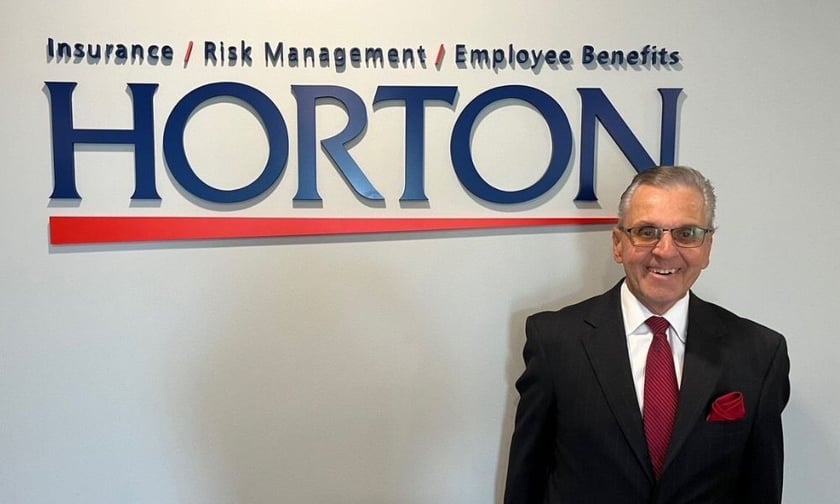

In the world of high net worth insurance, the complexity of coverage never stops growing and changing -- especially for individuals with substantial and uniquely positioned assets. Speaking to Insurance Business, Ronald R. Assise (pictured), CIC, CPRM, an SVP of The Horton Group, said that one of the more tricky aspects of this coverage is dealing with clients’ geographical preferences.
“High net worth insurers and affluent individuals often gravitate towards coastal areas,” he told IB. “[However], the closer you get to the water, the more complex it becomes.”
Here, Assise highlighted a significant trend in the growing distinction between admitted and non-admitted insurance carriers.
“There’s a lot of moving parts and changes going on there, particularly probably the largest phenomenon now,” he explained. “And it relates to the very coastal and wildfire-ridden type of risks - that difference between admitted carriers and non-admitted – or admitted offerings and non-admitted offerings.”
The “admitted” policies provide a level of consumer protection, including some state-backed guarantees in case of insurer failure. However, they also come with regulatory constraints on rates and terms. In contrast, non-admitted offerings, though not state-regulated, allow insurers greater flexibility. This shift towards non-admitted policies is driven by the need for insurers to manage risks more effectively in high-exposure regions.
“Non-admitted forms are becoming far more prevalent,” Assise observed, as they offer insurers the ability to adjust premiums and coverage terms to better reflect the risks and exposures involved.
Beyond geographic considerations, one overriding risk has emerged as the most critical concern for high net worth individuals.
“Cyber is a huge hot button, and it should be,” Assise said. Despite the availability of cyber coverage as a rider in many high net worth policies, the sophistication of cybercriminals necessitates dedicated individual cyber insurance.
“I would recommend… individual cyber insurance – and that they take this extremely seriously. In cyber, there’s a term that we always refer to – “bad actors” - who are insanely good at what they do. They’re all overseas and it’s amazing…the amount of wire fraud and ‘social engineering’ that’s going on.”
This need for individual and personalized protection is something that Assise is extremely passionate about – telling IB that where customized coverage is concerned, its complex nature often requires collaboration with multiple carriers and specialized providers.
Here, Assise recounts a particularly challenging case involving a client with an extensive classic car collection.
“In addition to having that substantial classic car collection... they had properties on virtually every coast,” he explained. “You couldn’t be closer to the water than they were because they were a high net worth individual and they happened to have a fairly recent claim history which convoluted things.”
The client’s penchant for racing their vehicles added yet another layer of complexity.
“It’s one thing to have a car collection; it’s another thing to take them out and race them,” Assise noted. The client’s international activities, including transporting cars to Italy for shows, required navigating complex foreign regulations and insurance requirements. To address such multifaceted needs, The Horton Group employed a strategy of layering coverage across multiple carriers.
“[It’s about] getting creative with your head,” he said. “Having somebody taking vehicles to Italy - that was easy. The initial answer was ‘don’t race your car’ – but the client was still going to do that. And when you have enough money, you can make those types of decisions. The more affluence and wealth people build… [this is] certainly not out of the norm. So we had to get creative. We actually layered it where two carriers shared the initial part of the risk.”
However, the client’s demand for exceptionally high umbrella limits further complicated the process.
“That’s where it gets complicated,” added Assise. “But it’s not reinventing the wheel. We just had to be clear on who took [on what]. [However], the client then wanted (and needed) very high umbrella limits that exceeded what one company was willing to offer. So we got a couple companies to layer. Then, at the end of the day, the client knew that everything was with us - and we got very granular on how we laid it out for them.”
